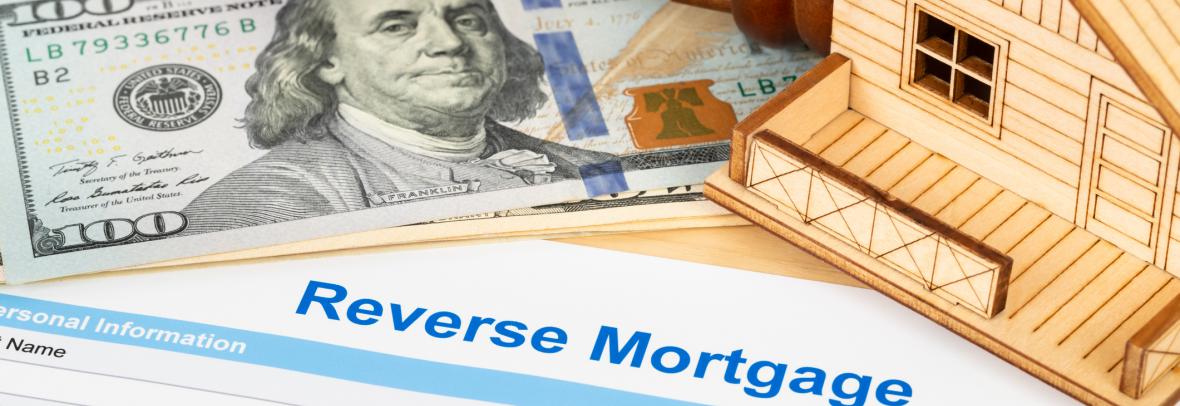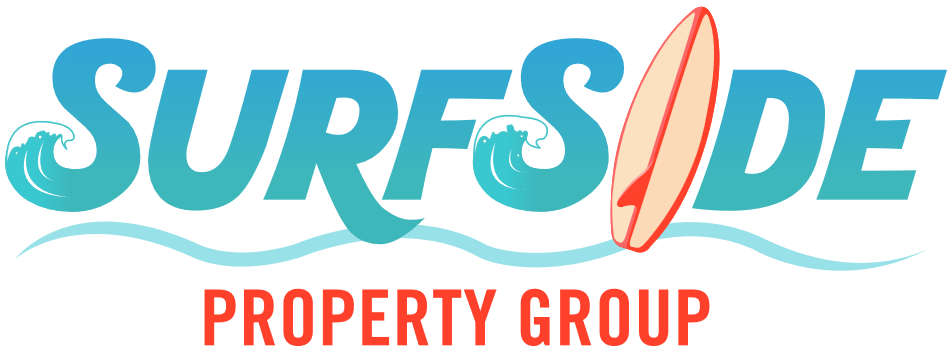
OPINION: CAREFULLY CONSIDER REVERSE MORTGAGES

OPINION: CAREFULLY CONSIDER REVERSE MORTGAGES
Reverse mortgages are a major financial decision but can work for borrowers under a unique set of circumstances, one expert says.
NEW YORK – Equity represents the portion of your home that you truly own. As you make mortgage payments and the value of your home increases, your equity grows, which can be a significant source of wealth over time. However, a home is also an illiquid asset, as the only way to realize your gain is to sell, and selling a home typically involves a lengthy process that can take weeks or even months.
When people need to tap into the equity in their home, most consider a cash-out refinance, in which a homeowner refinances their mortgage for an amount greater than the existing loan balance, taking the excess cash in the form of a lump sum. Alternatively, they may explore a home equity line of credit, a type of revolving credit that allows homeowners to borrow against the equity they have in their homes. It functions as a line of credit secured by the value of the home.
Seniors have a third option: a reverse mortgage. A reverse mortgage is a financial product designed for homeowners typically aged 62 or older. It allows them to convert a portion of their home equity into cash and received it in various forms such as a lump sum, monthly payments, or a line of credit. Unlike a traditional mortgage, where the borrower makes monthly payments to the lender, a reverse mortgage pays the homeowner, who retains ownership of the home while living in it. Interest is added each month, increasing the debt on the home.
Repayment is usually made by selling the home because of moving or death. The assumption is that the home continues to increase in value, and the proceeds settle the reverse mortgage debt. Generally, heirs have 30 days from receiving the due and payable notice from the lender to buy, sell or turn the home over to the lender to satisfy the debt. If the home sells for more than the loan amount, any proceeds will pass to the heirs, but if the home’s sale price is less, the heirs are not liable for the debt.
However, a reverse mortgage is far from a deal that is too good to be true. Drawbacks include substantially higher interest rates and loan origination fees than traditional mortgages. You must have funds to maintain the home and pay property tax, FHA-required mortgage insurance, and the possibility you may exhaust the proceeds quicker than anticipated, leaving you with no collateral for another loan in the future. Furthermore, this can substantially decrease what heirs inherit. Borrowers should also be aware of how a reverse mortgage may affect their eligibility for certain government assistance programs.
Generally, I do not recommend a reverse mortgage; however, there have been unique circumstances, including the age of the borrowers, the interest rate available, the appraisal price of the home and the homeowner’s projected cash flow, that can make a reverse mortgage a viable option. A reverse mortgage is a major financial decision that shouldn’t be taken lightly. You should have a financial adviser – not the reverse mortgage counselor – run the numbers to determine if a reverse mortgage is the best option for you.
© Copyright 2024, Marietta Daily Journal. All rights reserved.

